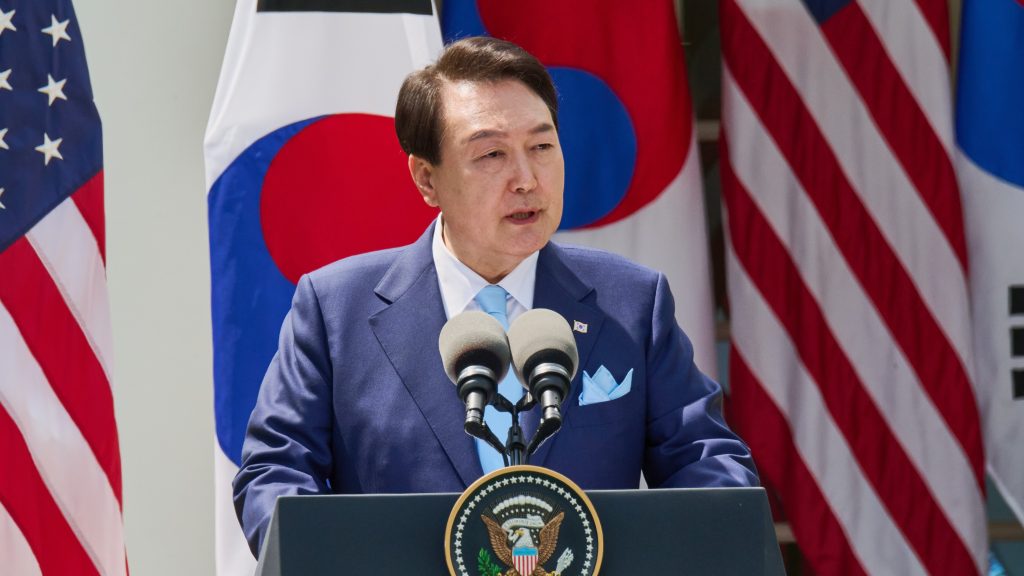An attempt to arrest South Korean President has failed.
Others are reading now
South Korean investigators were forced to abandon their attempt to arrest President Yoon Seok-yeol at his official residence after encountering resistance from the military and the presidential security service, Yonhap News Agency reported on January 3.
The investigators, acting on an arrest warrant issued by a South Korean court, arrived at the president’s residence to detain him on charges of declaring martial law, attempting to organize a rebellion, and abusing his power.
Standoff at the Presidential Residence
Despite presenting warrants to arrest Yoon and search his residence, investigators were denied entry by the head of the presidential security service. Military personnel at the scene also reportedly intervened, preventing the officials from executing the arrest.
Also read
Following the standoff, the investigators announced they were halting their efforts and stated they would reassess their next steps. They expressed regret over what they described as obstructive behavior by the president and his team.
President Yoon Seok-yeol faces serious accusations related to the imposition of martial law on December 3.
Prosecutors allege that the declaration was an unlawful power grab, accompanied by attempts to suppress dissent and consolidate authority.
Earlier this week, a South Korean court approved an arrest warrant for the president, sparking widespread debate about the legal and political implications of detaining a sitting head of state.
Next Steps for Investigators
Investigators now have until Monday to apply for an updated arrest warrant or explore alternative legal measures. Failure to act within this timeframe could undermine the case and embolden Yoon’s supporters, analysts suggest.
The incident marks a rare and dramatic confrontation in South Korean politics, with many now questioning the balance of power between the executive branch and law enforcement agencies.


